As the status wars heat up with recent moves by Governor Alejandro Garcia Padilla, Pasquines came across an interesting piece of recent history that provides great insight into Congress’ perspective when it comes to the territories and their relationship with Washington, DC.
You see, Puerto Rico’s eastern neighbors, the also American, also unincorporated territory Virgin Islands of the United States have never had a Constitution despite 5 constitutional conventions (which makes you wonder how effective would one of those be in Puerto Rico, but I digress). The last one of those conventions, was actually able to draft a new constitution, which faced opposition from the governor, John P. de Jongh, who argued certain provisions in the constitution were contrary to the US Constitution, and as a result refused to forward the draft constitution to President Barack Obama and Congress.
After a court battle, the governor was forced to send the draft to the White House, who upon receipt asked for a review of the proposed constitution by the Department of Justice. The review was not favorable, for many reasons.
When Congress received the proposed constitution along with the review by the Department of Justice, it agreed with the conclusions of the latter, and sent back the proposal, particularly, and here’s the kicker, for this reason:
[quote_box author=”” profession=””]Whereas the Department of Justice concluded that several features of the proposed constitution warrant analysis and comment, including– (1) the absence of an express recognition of United States sovereignty and the supremacy of Federal law;[/quote_box]
Case closed.
The Enhanced Commonwealth
The Department of Justice’s, and ultimately Congress’ conclusion that a territorial constitution must have an explicit recognition of the supremacy of Federal Laws, in other words, Congress’ power over the territory, is as direct an answer we will have to those officials in Puerto Rico who propose an ‘enhanced commonwealth’. These proposals have varied in specific parameters, but have all centered around the premise that Puerto Rico is a separate nation (it isn’t), in a compact with the US (it’s not), and that as such, it would be able to negotiate another pact with the US in which Puerto Rico could choose which federal laws apply, and could even limit the jurisdiction of federal courts, all with a permanent basis, that could not be altered unless by mutual consent. Legally speaking, this is unconstitutional, but that does not stop Popular Democratic Party leaders from arguing a political willingness in Washington, DC to explore this type of arrangement.
Because of those unfounded allegations, this action by Congress speaks so clearly, especially when it was approved through unanimous voice votes. There was no opposition, meaning both Democrats and Republicans agreed on the conclusions of the DOJ of a Democratic administration, in a Democratic controlled Congress. How’s that for bipartisanship?
The other territories
All of these events were ignored in the national media, and by the local outlets in Puerto Rico, (despite the proximity between the territories). Likewise, all attempts by the other US territories in the pacific (Guam, American Samoa and the Northern Mariana Islands) barely register, even though they can shed light onto how the US would act in cases of self determination of its territories.
Take for instance the proposition that any agreement between Congress and Puerto Rico be permanent, and altered only by mutual consent. The US Department of the Interior has explicitly told Guam that “…the mutual consent provision was unconstitutional, and added that nothing could be established preventing future Congresses from unilaterally modifying the law creating Guam’s commonwealth.” Furthermore, on the issue of the applicability of federal law, “in an opinion on the legislation, the U.S. Justice Department stated that although the federal government has been inconsistent in allowing contracts with commonwealths requiring approval from both sides to apply federal laws, those clauses run counter to existing U.S. law and are completely unenforceable.”
It seems like Puerto Rican politicians are banking on those inconsistencies to support their efforts, but ultimately those will end up as futile. There is simply no disagreement in DC about the types of relationships that are allowed under the law and the constitution.
Contrary to Puerto Rico, the other territories have indeed examined the experiences of their fellow territories, and while none has progressed on the status issue, and in this case, the adoption of a Constitution, they do provide case studies for what approaches will not work, and what can be expected from Congress, regardless of the party in power.
For now, the 5 US territories in the Caribbean Sea and Pacific Ocean all remain with similar questions of what to do moving forward, with the exception of Puerto Rico, the largest of the group, which voted already for statehood in 2012, but you already knew that.
The Virgin Islands case is an interesting one, excellently chronicled by Megan Poinski for the Virgin Islands Daily News, that could be very insightful for politicians who are willing to see the facts. In the meantime, we keep beating a dead horse.

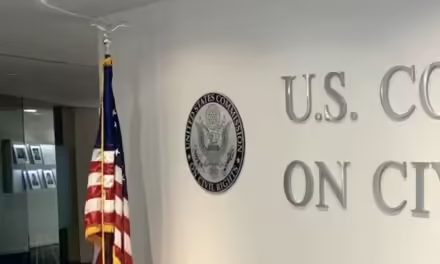
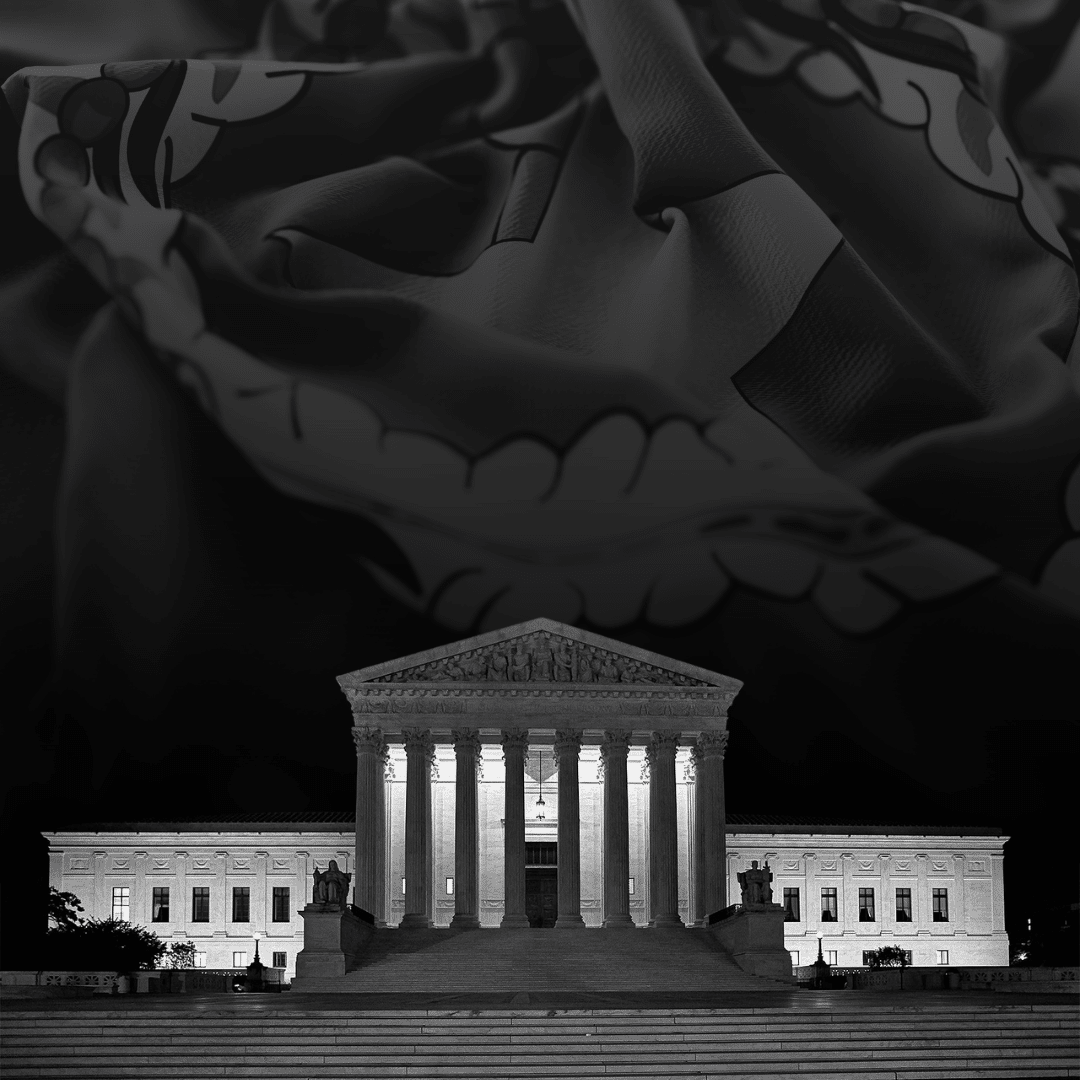

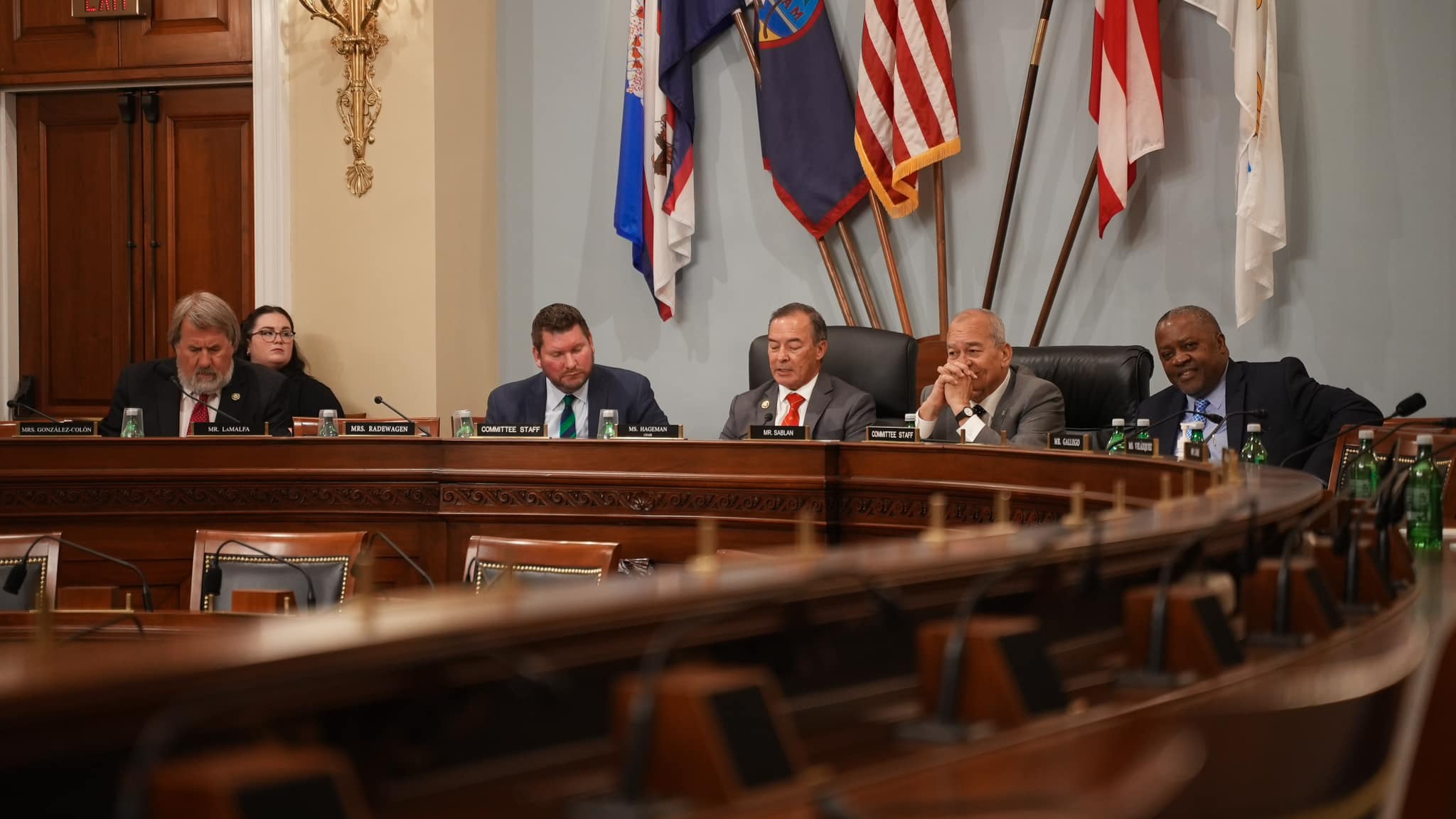

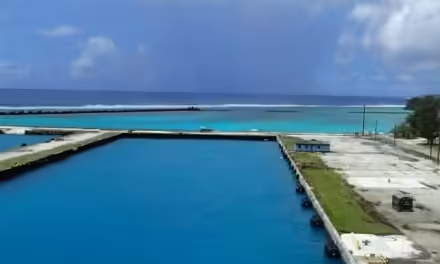


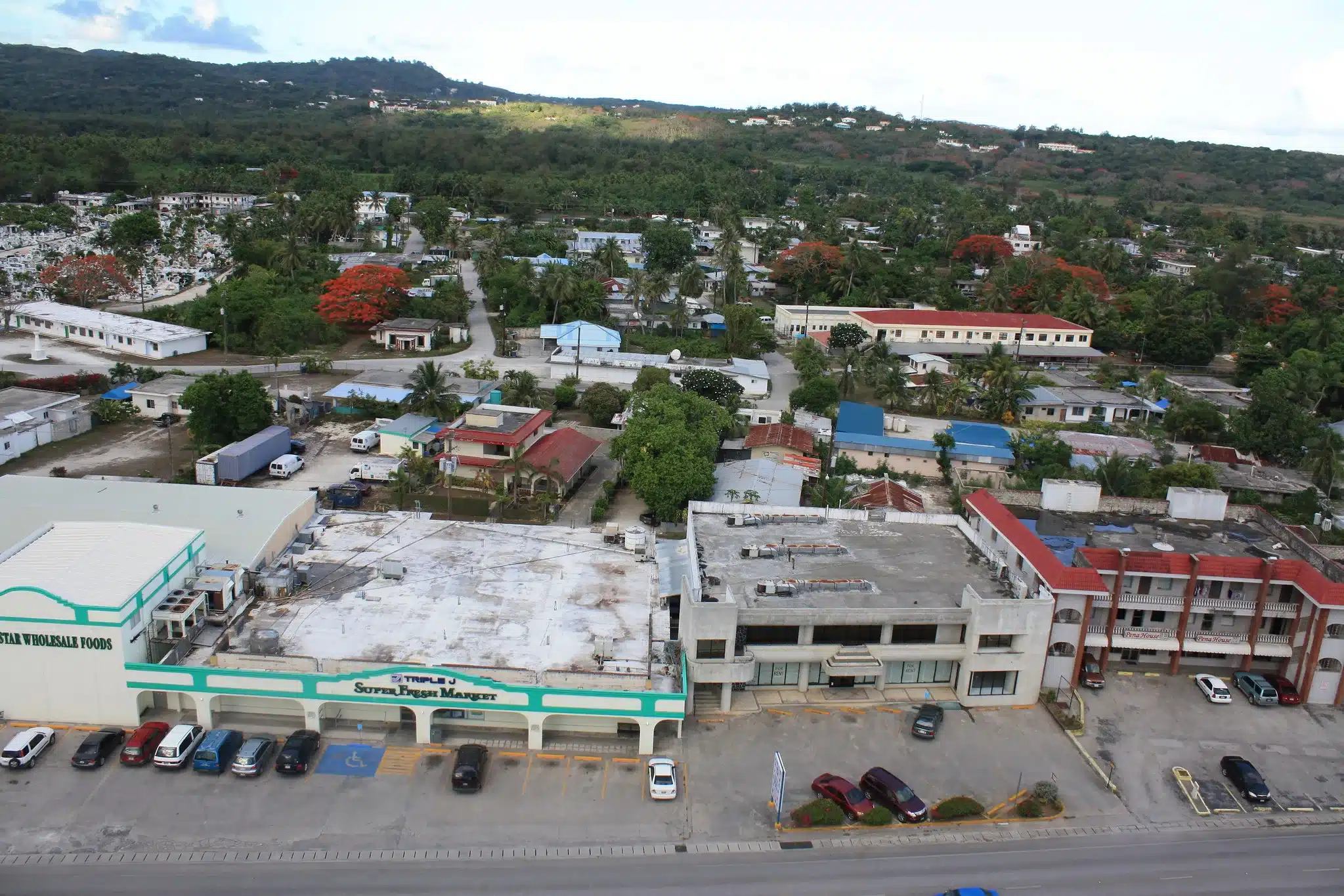
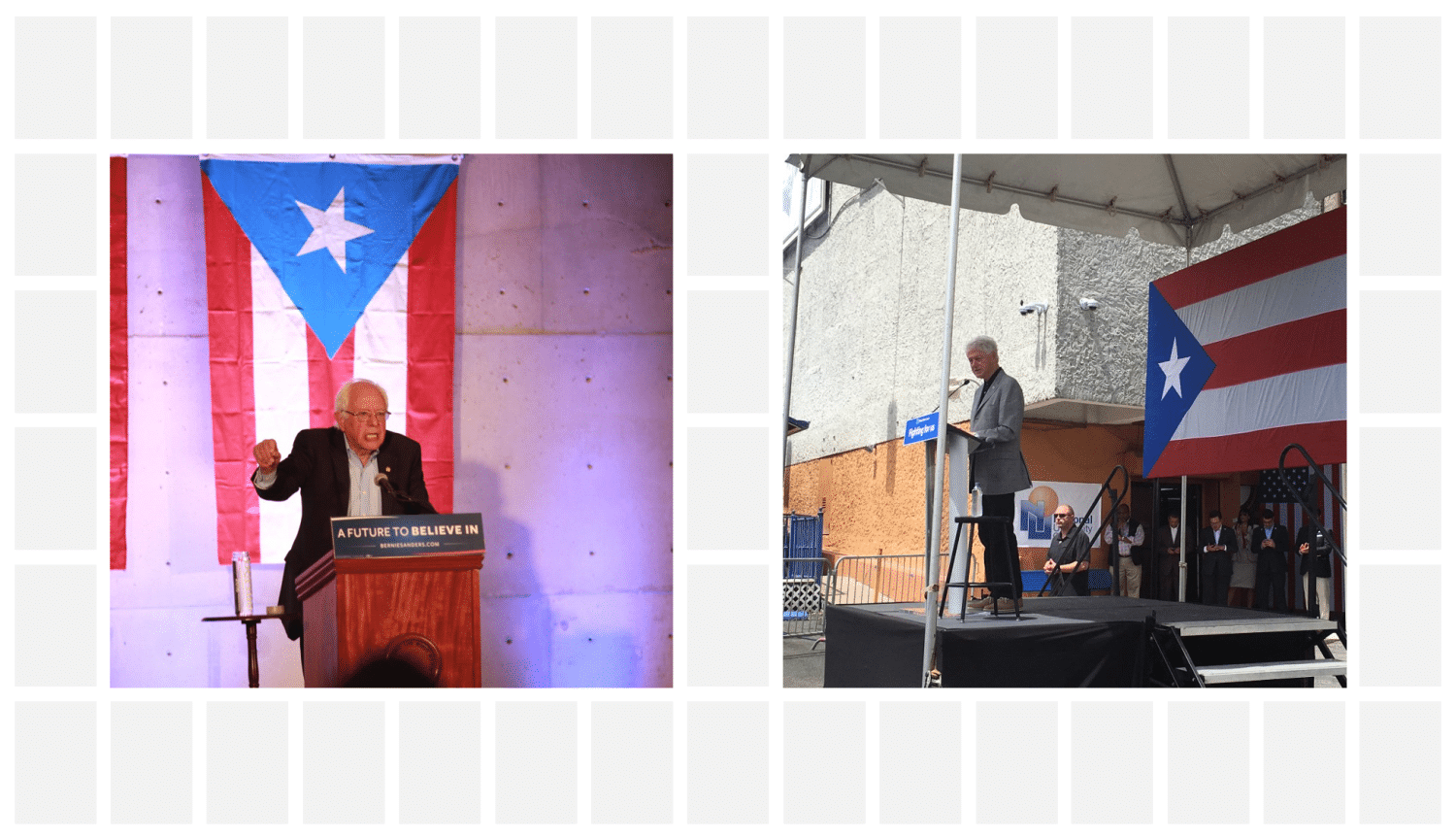
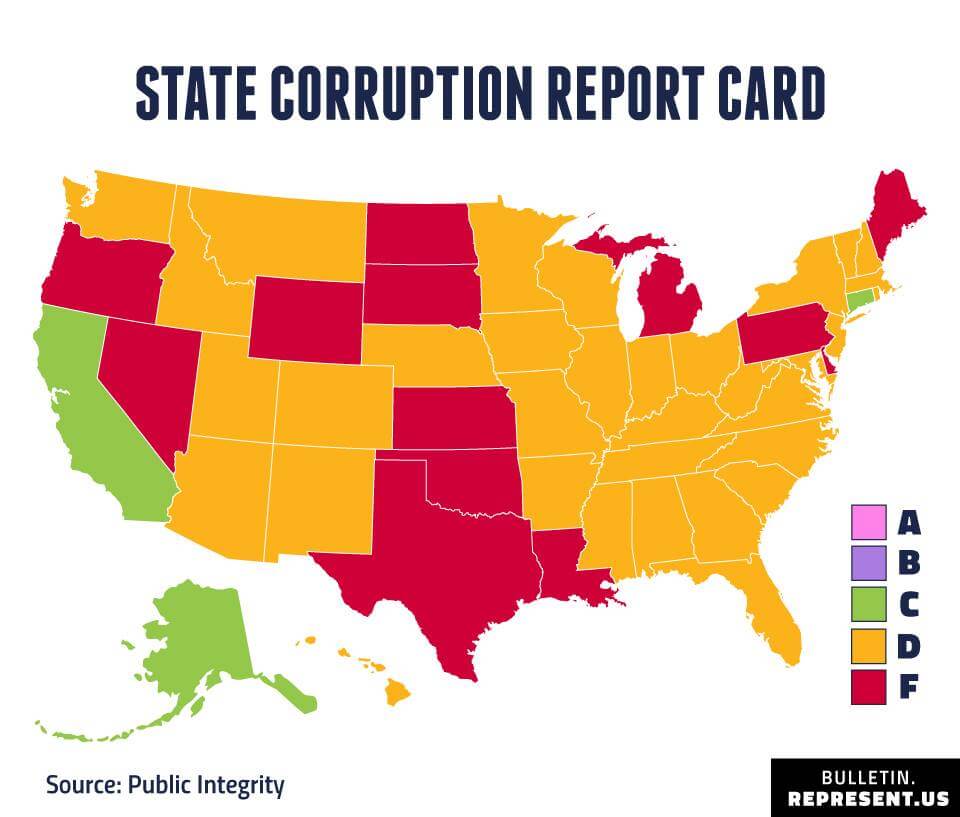
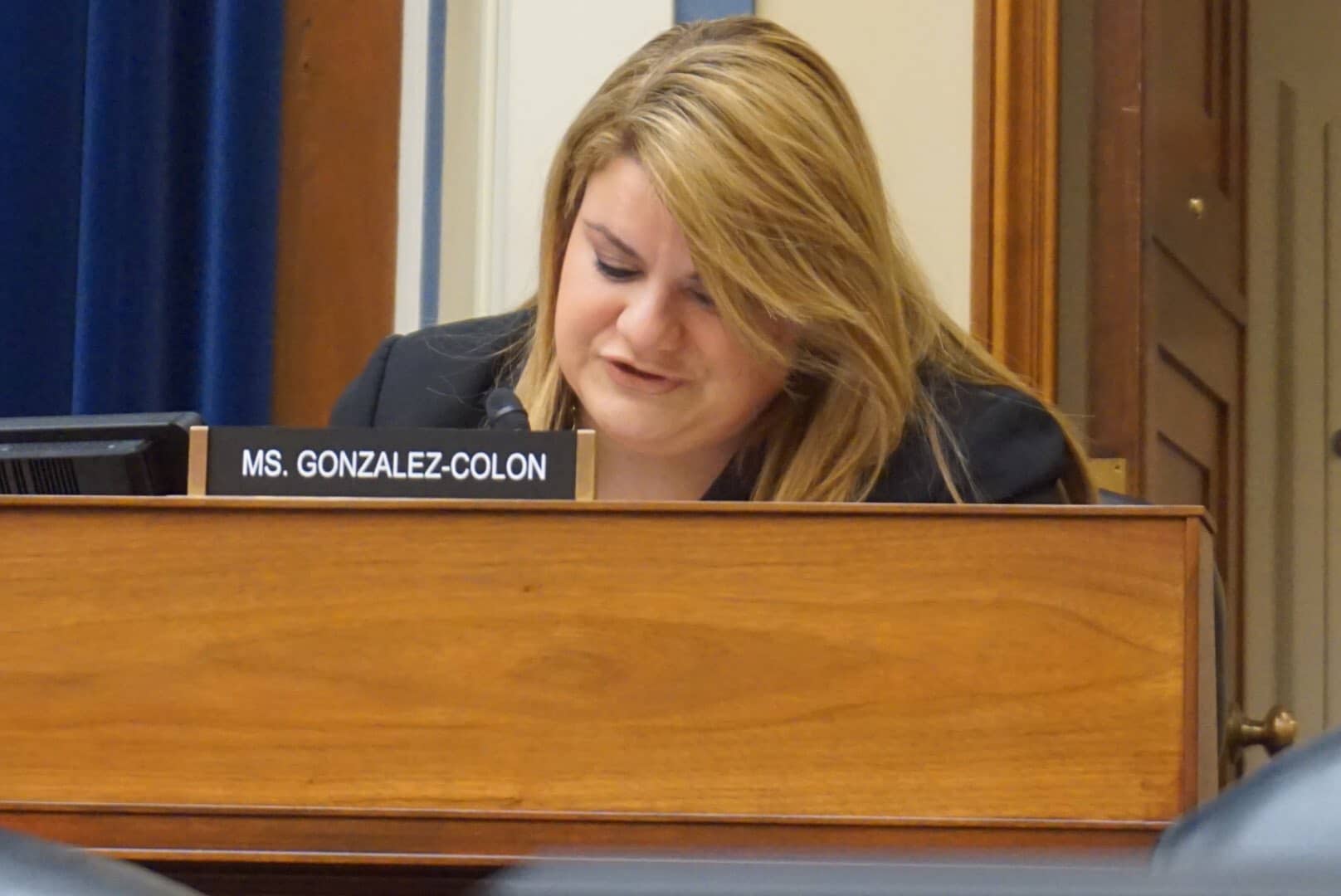


Trackbacks/Pingbacks